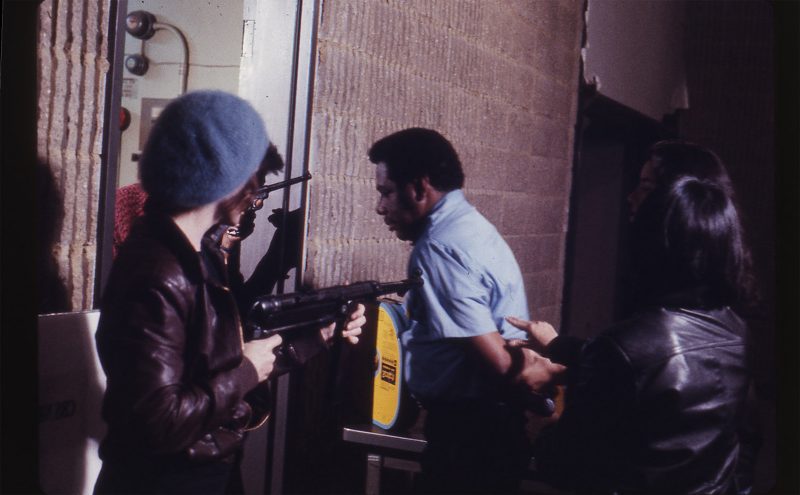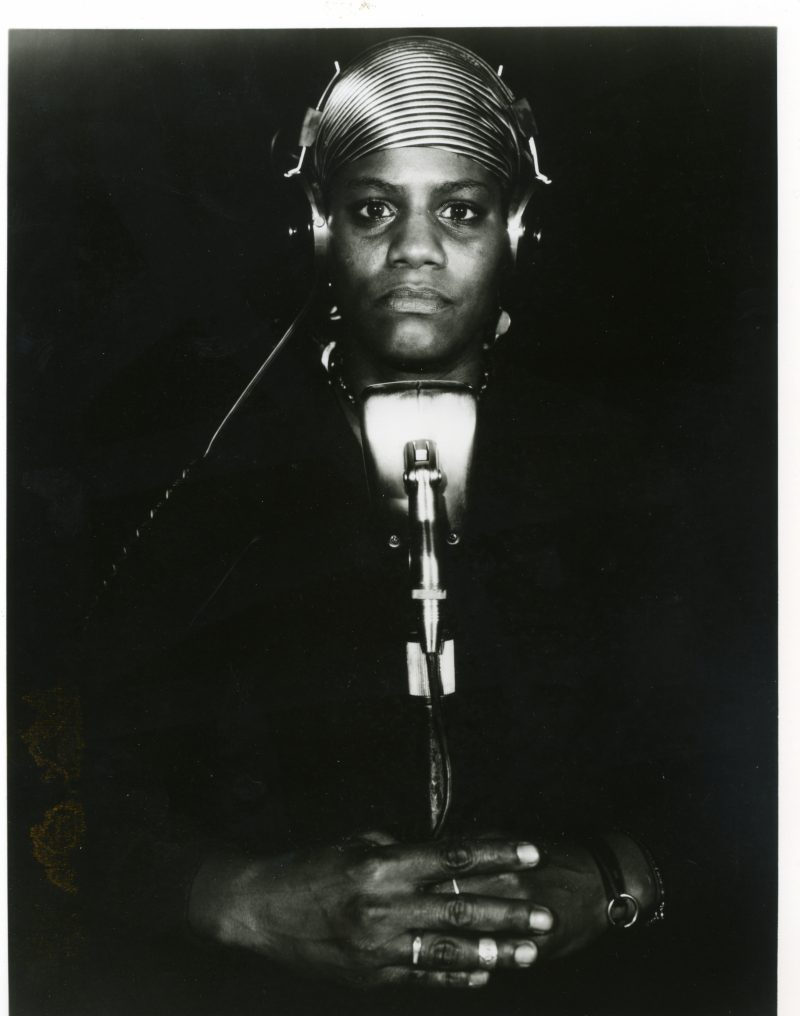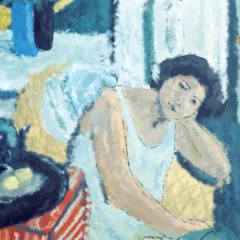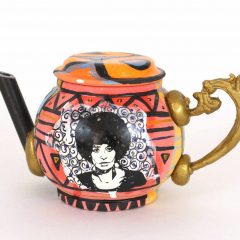
This month I’ve been thinking about what we do with the build up of harm we experience, the loud and the quiet anger. I’ve felt a collective rage boiling, for some it’s been there and now the burner is on high, for some this feeling is new. There’s been an illumination, and emphasis, of structural and institutional violence and we could all use a release. I think sometimes we can find that release in art. I turn to film when I need to cry, when I need to be overwhelmed with passion and desire, and often when I need to release tensions and anxiety. Thinking about anger, and films about anger I found myself wanting to revisit vengeance in film. Vengeance tales in global cinema have been abundant throughout its history. Revenge in media is often portrayed as violent, sinister, and self destructive. But I like to think of it as more than that. Vengeance can look like advocating for your freedom, leaving things behind, cutting ties with people and things that hold you back from joy. Vengeance as in starting a new, building communities of care and support,taking vengeance upon the state. Vengeance as in a relentless pursuit of your own justice for that which afflicts you. There can be beauty in vengeance, growth from death and the un-death of taking control.
1. Shurayuki-hime / Lady Snowblood (1973)
(content warning: this film portrays physical and sexual violence which is referenced in the following description)
Toshiya Fujita’s Lady Snowblood is a Japanese thriller about a woman named Yuki whose whole life has been centered around tracking those who raped her mother, and killed the rest of her family. Born in a women’s prison, where her mother is incarcerated for murdering one of the men who assaulted her, Yuki’s life is built upon this quest for vengeance, her mother’s wrath is her foundation. We follow Yuki throughout her training of becoming a master swordswoman, taking on the name Shurayuki-hime, devouring all of those responsible for the legacy of suffering of her family. Her existence is built on tragedy but what she does with this chaos challenges the misogynist institutions of power that attempt to limit what a woman’s life could be. Yuki is femme terror incarnate.
Lady Snowblood is theeee revenge movie. I say this not only because of it’s excellence but also its impact. We continue to see it’s influences throughout contemporary cinema across genres. You can see its influence replicated in character archetypes, cinematography, and presentation of past and present time. One of its most notable replications was Quinten Tarantino’s Kill Bill series. The film is based upon a manga series by the same name, first published in the 1970’s and has been reprinted several times since, translated to English and released in 4 volumes by Dark Horse Comics throughout 2005-2006.
(Now available to stream on The Criterion Channel)
2. Born in a Flames (1983)

Born In Flames is an American documentary-style 80’s wave feminist fiction by Lizzie Borden. Set in an uncertain future that parallels our modern day society, ten years after a “Socialist Democratic War of Liberation” that very obviously did not liberate everyone. The film follows the members of feminist groups in New York City plotting a revolution, who often use a local pirate radio to advocate for their movement. There is an army led by a Black activist named Adelaide Norris working with an elder theorist, working to organize a global movement, riding bikes to fight off attackers and harassers. Groups dispute what the “right tactics” are to be seen as well as heard. The film is very obviously critiquing and condemning the inequities of misogynoir, misogyny, sexism, racism, classism, and homophobia. There can be some cringe, camp, dated feminism, and comedy along with the very serious critiques of systems of oppression and state violence. One of the things I like most about the film are the relationships, the friendship and community. Friends doing big things for each other and themselves is powerful. Small groups of friends can do amazing things with the love they have for each other.
(Available on Kanopy, a free streaming service you can sign up for using your library card)
3. Chinjeolhan Geum-ja-ssi/ Lady Vengeance (2005)
Lady Vengeance is a South Korean thriller, a part of Park Chan-Wook’s vengeance trilogy, others including Old Boy and Sympathy For Mr. Vengeance. Lee Geum-ja is released from prison for the murder of a young boy, a crime that she was not guilty of. The film starts upon her release, we go back and forth in time before the murder, during her time in prison, and the present. Seperated from her daughter while incarcerated for 12 years she performed as a “reconstructed” woman, remorseful of her actions, known for her kindness and being “an angel”. Upon her release from prison, we see just how well she had performed this character, applying her blood red eyeshadow we see who Lee Geum-ja has become, a woman on a mission of vengeance and justice. Through her journey to find the real murderer and all that were a part of covering it up. The film confronts who should be the one to determine what justice looks like, and what we discover about ourselves in that. A fearless woman refuses to accept how she had been manipulated, coerced to believe her own guilt. There was a theft of who Lee Geum-Ja once was, she mourns the person, the mother she could have been. There’s an uncertainty in what future lies beyond this quest but it doesn’t matter, she persists. Her uniform is red eyeshadow and stare, her presence dominates every scene.
(Available on Tubi, a free streaming service you can sign up for by email)
This collection intentionally centers the experiences of women and non-male identified people. In these films they are finding and claiming themselves, reclaiming their freedoms. These films use fiction and fantasy as a mirror. They discard respectability, and the script of mourning, or surviving. Throwing away those notions that resiliency is inherent upon continuing to move along without retaliation.










